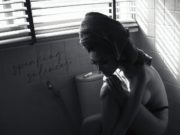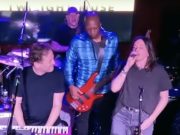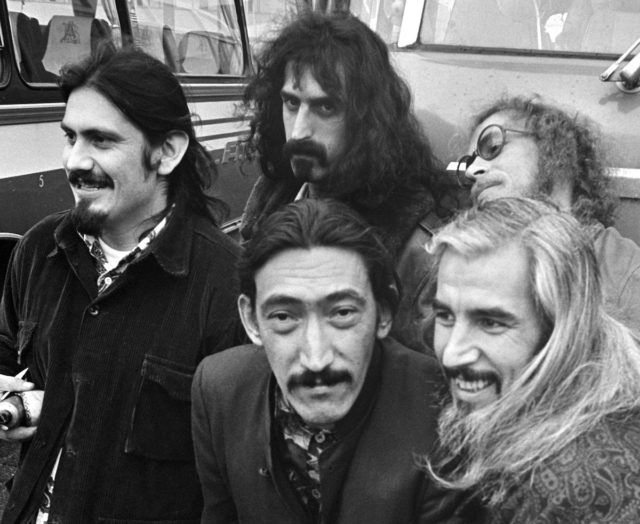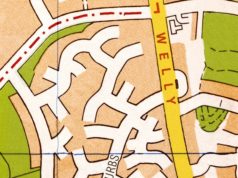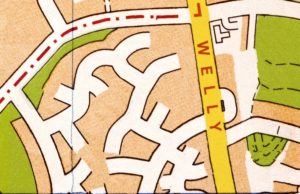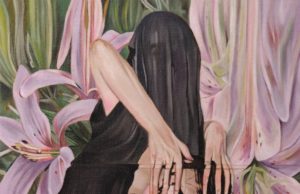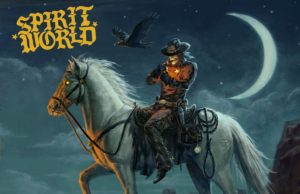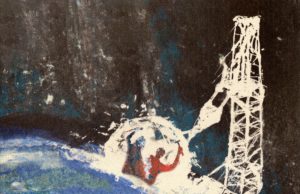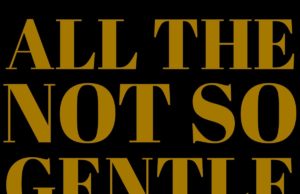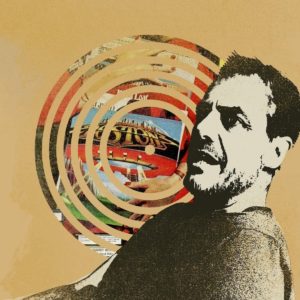 The original four musicians who made up The Mothers Of Invention on their 1966 debut album found out it was even colder outside of Frank Zappa’s shadow than it was within it.
The original four musicians who made up The Mothers Of Invention on their 1966 debut album found out it was even colder outside of Frank Zappa’s shadow than it was within it.
A notoriously demanding perfectionistic and autocratic bandleader, even as a 25 year-old, Zappa was a difficult man to please. The original band — Roy Estrada, Jimmy Carl Black, Elliot Ingber and Ray Collins — were together as a unit for just one record. Ingber was the first to go, fired by Zappa was using LSD. Collins was on-again-off-again after the second record, and within four years, Zappa blew up the band altogether.
He did this after the band returned from a Canadian tour where they played the Wonderland Pop Festival in London, Ont., two shows at the NAC in Ottawa on Aug. 15 — one at 7:30 p.m. and another at 9:30 p.m. — and an appearance on CJOH-TV, which would develop the adolescent TV series You Can’t Do That On Television a decade later. He wrapped the tour with four shows in Montreal on the site of Expo ’67.
From 1966 to 1969, The Mothers of Invention lineup kept changing. New musicians came and went amid constant rumblings about how frustrated and dissatisfied the virtuoso Zappa was with his bandmates’ musicianship. By 1968 he had handed Ian Underwood (keyboards and woodwinds 1968-1973) the job of teaching them the new songs. Zappa found the task an increasingly taxing process which occupied too much of his time. The married father of a toddler ran a chaotic household, started two record labels, was making films and soundtracks, frequently sharing his views on politics, art and society through a variety of appearances in the media, producing other artists, and constantly, ceaselessly, writing new music by hand.
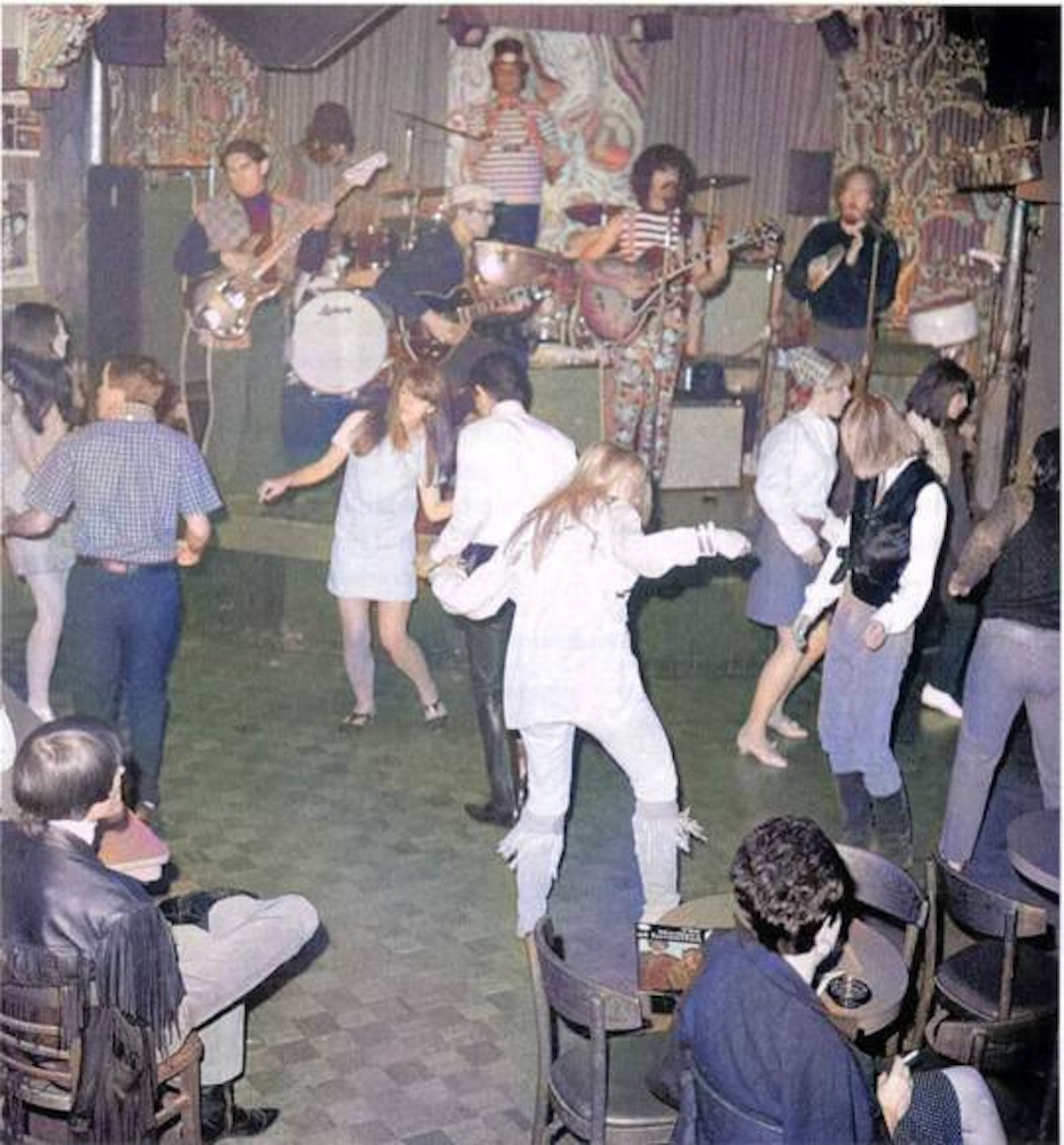
The original bass player, Roy Estrada might have had a successful post-Mothers musical career — if he wasn’t a pedophilic predator. Along with basslines, Estrada provided the high soprano vocals on songs like Plastic People, the opening track from Absolutely Free (1967). One of only two surviving members of the original band, he went on to co-found Little Feat with Lowell George, who was also in The Mothers Of Invention when Zappa disbanded the group. Estrada then became a member of Captain Beefheart’s Magic Band. But the only group Estrada might be in these days would be a prison choir. He’s serving a 25-year sentence at Wallace Pack Prison in Texas for sexually abusing a female child in his family — just after being released from a California prison where he did six years for child sexual abuse. He’s not eligible for parole, meaning if he survives, he won’t get out until he’s 93. Estrada was convicted of sexual assault on a child in 1977 and then again in 1994, doing time until 2000.
Two years after the latter stretch, the registered sex offender and ex-con connected with former bandmate Jimmy Carl Black. Estrada appears on the album Hamburger Midnight (2002) by BEP — a trio featuring Black, Estrada and guitarist Mick Pini. He was then invited into The Grandmothers — a group of former Mothers Of Invention members founded by Black, Don Preston and Bunk Gardner, who started putting out albums and touring in 1980. Estrada appeared on their 2003 album, A Grandmothers Night At The Gewandhaus. The incident he’s currently incarcerated for happened in March 2008. He pleaded guilty in January 2012.
The original Mothers Of Invention lead vocalist, Ray Collins, was living in a van in somebody’s suburban L.A. backyard when he died of a heart attack on Christmas Eve, 2012 at age 76. An undeniable talent, Collins had a beautiful voice.
His squabbles with Zappa led to him quitting the band after Absolutely Free in July 1968, just before recording sessions for We’re Only In It For The Money began. Zappa disguises this through heavy use of vari-speed recording. You can’t tell who’s singing sometimes.
Collins is still all over Zappa’s discography, though. Party due to the wealth of Zappa compilations, live recordings and vault releases out there, but also because Frank had him back from time to time — starting with his very next album, Cruising With Ruben & The Jets. The record stands alone in the Mothers canon as an unapologetic celebration of ’50s doo-wop. Ray’s voice was perfectly suited for this stuff, so he returned, and even stuck around to provide lead vocals on some of Uncle Meat, which was being recorded at the same time. The songs Ray sings on Uncle Meat are like a breath of fresh air from the spoken-word segments, sped-up weirdness and general cacophony.
“Cucuroo carucha, Chevy ’39
Going to El Monte legion stadium
Pick up on my Weesa, she is so divine
Helps me stealing hubcaps
Wasted all the time.”
This is what passes for romanticism on a Mothers record. And they’d need it, as Zappa broke up the band after Uncle Meat and put out two more Mothers Of Invention albums made up of outtakes, unused material and live segments. The first of those was Burnt Weenie Sandwich (1970), followed by Weasels Ripped My Flesh (1970). Ray appears marginally on the former and takes one lead vocal on the latter, on Oh No. The song dates back to December 1967 recording sessions and is essentially the main theme from the original orchestral recording of Lumpy Gravy, which was released and then recalled by Capitol Records due to contractual issues with Verve/MGM, where Zappa was signed. When Lumpy Gravy was released in 1968 on Verve, it was a dramatically different work, divided into two sections and 24 parts.
Collins returned to provide backing vocals for every track on Zappa’s 1974 album, Apostrophe (‘). But this would end their work together. Like Estrada, Collins connected with his fellow Mothers bandmates in The Grandmothers — but only once, appearing on their third album, 1982’s Looking Up Granny’s Dress. He also made a solo album in 1992 called Lovesongs. But, Collins’ life seems to have been an anonymous struggle after Zappa killed the band. He drove a taxi for a few years. This is his track Mayonnaise Mountain from Looking Up Granny’s Dress.
The least-known member of the original Mothers Of Invention was Ingber, because he was only on the debut album. But, he’s also the only one with a hit of his own outside the band. After he was canned, Ingber co-founded Fraternity Of Man, which featured Richie Hayward on drums (later of Little Feat). The band made two albums, but the first had Don’t Bogart Me on it — which became a hit after its inclusion on the Easy Rider soundtrack. He provided backing vocals on the last song on Canned Heat’s Hallelujah (1969) before joining Captain Beefheart’s Magic Band for two albums (The Spotlight Kid and Bluejeans & Moonbeams). Beefheart bestowed the name “Winged Eel Fingerling” upon Ingber, who then went on to play on four Grandmothers albums before making his first and only solo album The The The The in 2001. He’s 83 years old.
Drummer Jimmy Carl Black is perhaps the best known original member due to repeated use of the clip “Hi boys and girls, I’m Jimmy Carl Black and I’m the Indian of the group” on We’re Only In It For The Money. Black was the band’s first drummer and was later augmented by Billy Mundi and Art Tripp. He was the only original member of the group to stick around from the start until dissolution in 1969. He’s on every Mothers Of Invention album from 1966 to 1969. Even though Zappa replaced Black with Aynsley Dunbar when he created The Mothers to take the place of The Mothers Of Invention, he still had Black appear in his 1970 film 200 Motels. He also appears on the film’s soundtrack, singing Lonesome Cowboy Burt. He made a few live appearances with Zappa in the mid-’70s and in 1980, before recording with him one final time in 1981. He’s a guest vocalist on Harder Than Your Husband from You Are What You Is:
After 200 Motels, Black, along with former Mothers Of Invention sax player Bunk Gardner, co-founded Geronimo Black:
Like everyone else, he also played with Captain Beefheart for a bit, and was one of the principal members of The Grandmothers. He also played with Zappa tribute group The Muffin Men and did many Zappa and Beefheart covers during his lengthy collaboration with Eugene Chadbourne. Black died of lung cancer on Nov. 1, 2008, at the age of 70.
• • •
Area Resident is an Ottawa-based journalist, recording artist, music collector and re-seller. Hear (and buy) his music on Bandcamp, email him HERE, follow him on Instagram and check him out on Discogs.












